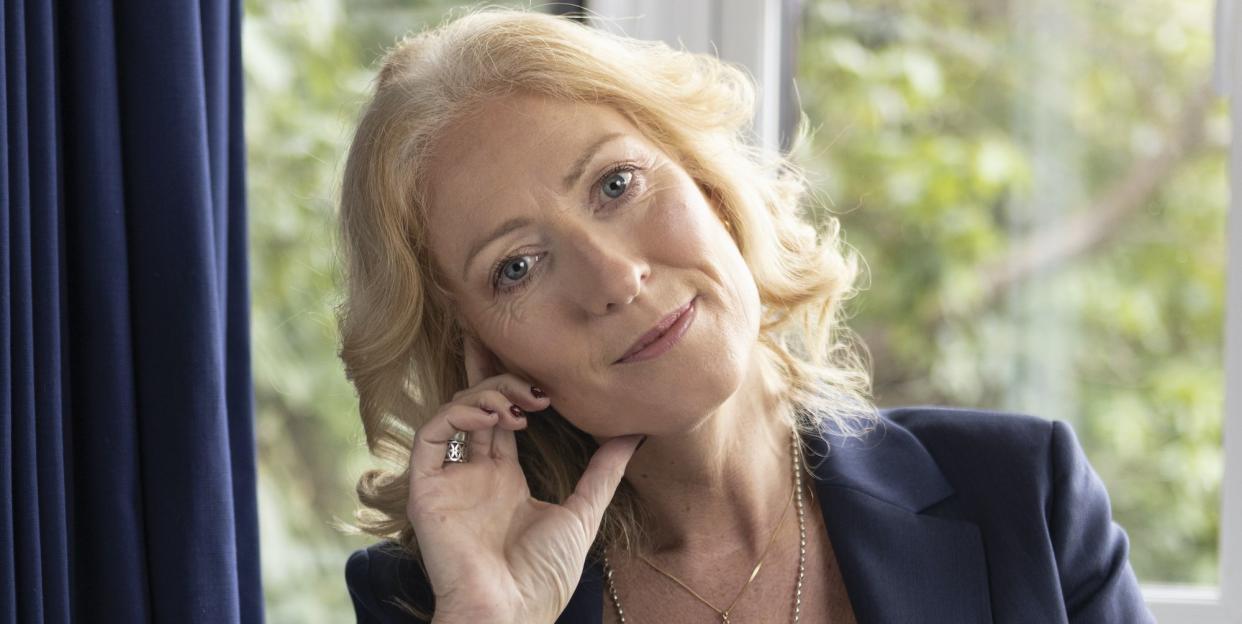How to spot a gap in the market and disrupt it

Rachel Watkyn started her entrepreneurial journey thinking she wanted to launch a jewellery business. Having spent time in Sierra Leone in the wake of the military coup, when the country was in the grip of terrible poverty and devastation, she came up with the idea of designing Fairtrade jewellery products for local workers to manufacture, providing employment to a population in dire need of support. But having incorporated her business, the Tiny Difference Company, in 2006, she quickly encountered a problem: the designs might be ethical, but there was no way to package them without resorting to mass-produced, plastic-heavy options.
“I spoke to so many manufacturers about making small quantities of sustainable packaging, and they just laughed at me,” Watkyn recalls. “It was around the time that Etsy and Not on the High Street were getting started, and I discovered that everyone was having the same issue – none of us could afford to buy a thousand units of packaging for a product we didn’t yet know would sell.” Hence the vision behind the Tiny Box Company: recycled packaging in a variety of shapes and sizes, available to buy online with a minimum order of one. “And that remains our ethos today,” adds Watkyn. “I was a huge market disrupter.”
A successful application to Dragon’s Den in 2008 – put in on Watkyn’s behalf, unbeknown to her, by her then business partner Robin Banks – helped her to invest in more stock and fund the company’s rapid growth, which has averaged 46 per cent year-on-year since its foundation. Yet for all her success, Watkyn has not been a stranger to challenges. Here’s how she has survived and thrived through various crises…
1/ Mourn the loss, then move on
"Our first warehouse caught fire and there was a lot of damage. We were fortunate in that we were next to an ironworks that had a lot of fire equipment to help put out the flames quickly, but we still lost a fair bit of stock. My tactic with a crisis like that, once the immediate need for action is over, is to allow myself a set time to panic. It might be an hour, it might be a day, but after that you can’t wallow in self-pity."
2/ Play to your strengths
"At the start of lockdown, we had an accounting error. I asked the team what our cash-burn rate was – that is, how long we could survive without any revenue coming in – and they estimated three to four months, but had overlooked half a million pounds worth of purchase orders. I gave myself a couple of hours’ worth of meltdown, and then it was time to work out how to fix things. We looked at what the business was good at – namely, getting orders out really quickly – and at which customers had been hit hardest by the pandemic: cottage-industry companies that usually sold at street fairs and church markets. We decided to set up an online platform for all of those traders: we’d send couriers to collect their products in bulk, bring them back to our warehouse to store them and then dispatch orders that came in through the new platform. It took us five weeks to build it and get it live, and it turned out to be a game-changer."
3/ Stay adaptable
"What the pandemic taught us was that it’s important to maintain a very organic management structure so that you can pivot quickly to keep up with market changes. In 2022, we adapted our business model hugely, having seen a rapid turnaround from luxury boxes being our biggest sellers to cheaper packaging options becoming more popular as customers dealt with challenging economic forces. So, since then, we’ve focused on how to offer affordable solutions that are still sustainable."
4/ Don’t be afraid to think big
"I’d really like to get us up to a £50 million turnover within the next three years, and I’m looking at acquisition as a way to achieve that, whether by buying up more manufacturers to control the source of our products or acquiring some of our smaller competitors to combine our strengths. We’re also exploring alternative sustainable-packaging solutions as a means to growth: until now, we’ve mostly focused on cardboard, but we can also look at wooden boxes, wicker baskets, hampers and so on."
5/ Know what you’re best at
"I’m a typical entrepreneur – I love pursuing shiny new ideas and I try to juggle too many balls at the same time – so I’ve appointed someone to focus on the day-to-day running of the company who’s much better at it than I am. Meanwhile, I’m dividing my efforts between our expansion strategy for the Tiny Box Company and my recent acquisition of an e-commerce lifestyle company called Know the Origin. Everything it sells is sustainable and ethical, and for me, that’s the ideal business model. Taking it on is in line with my firm belief that if something feels right, it probably is. That’s my biggest advice to other entrepreneurs: always listen to what your brain and body are telling you, and don’t let anyone else talk you out of it.
You Might Also Like


